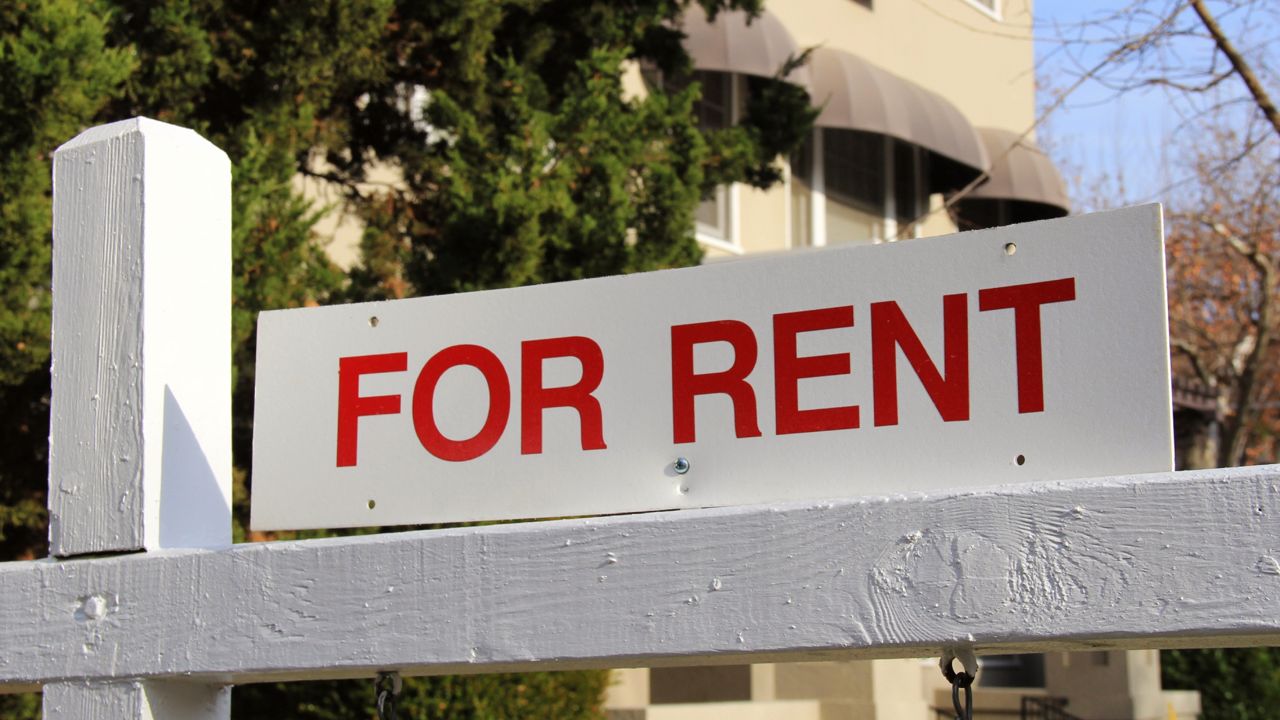WESTWOOD, Calif. — Californians who lack stable housing make tradeoffs with their health care, UCLA researchers found.
During COVID, people with housing issues reported cutting back on nutritious food, seeking less health care and moving to neighborhoods that were perceived as less safe.
“Someone’s housing situation has consequential effects on their overall health and wellbeing,” UCLA Center for Health Policy Research Senior Public Administration Analyst Sean Tan said Thursday during a presentation of the research findings.
For his analysis, Tan looked at data from the California Health Interview Survey conducted in 2021. The CHIS, as it’s called, interviewed over 24,000 Californians across the state in multiple languages.
One in 10 California adults reported having difficulties paying their rent or mortgage because of the COVID-19 outbreak.
Almost 13% of California adults who had housing affordability issues lived in LA County.
The UCLA analysis found that California adults experiencing housing issues are twice as likely to not have health insurance because of its cost. They are also almost twice as likely to lack a usual source of health care and to delay needed medical care.
Renters in particular “are disproportionately affected by housing affordability issues in California,” Tan said.
In 2021, 58% of Californians were homeowners and 37% were renters.
Tan’s analysis found that renters were three times more likely to struggle to afford housing because of COVID compared with homeowners.
Latino and Black adults were twice as likely as whites to report housing affordability struggles, as were noncitizens compared with citizens and transgender compared with cisgender individuals.
The survey has been asking the same questions every year since 2001. The analysis from 2022 will be released later this year.



